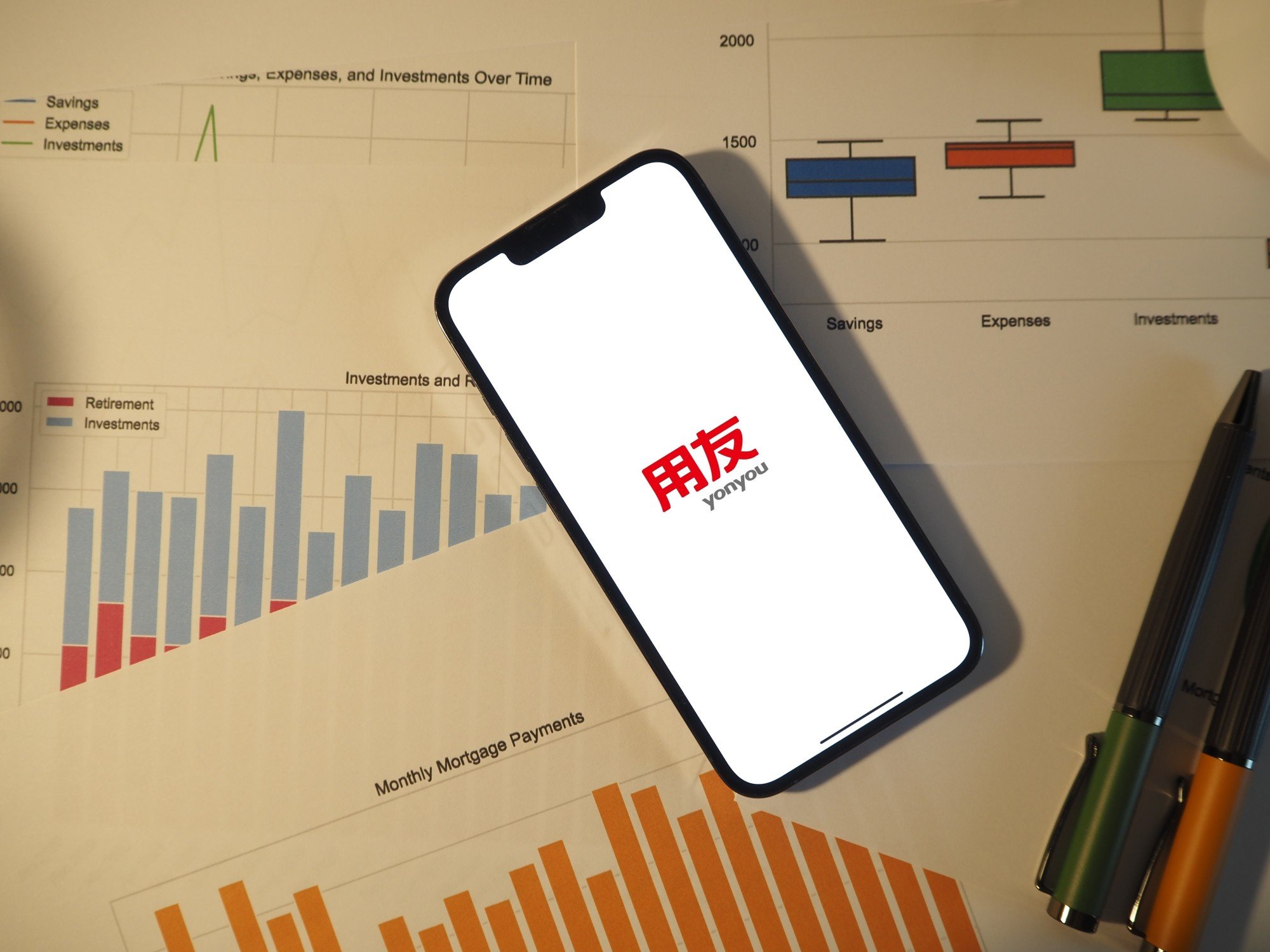Veteran Yonyou executive Chen Qiangbin, 48, takes over as company president, with a focus on operations and management, according to the company. After joining Yonyou in 2000, Chen was involved in software development, sales and then served as general manager at the firm’s branch offices in Beijing, northern Hebei province and southwestern Sichuan province.

Yonyou, ranked by research firm Gartner as one of the world’s top 10 enterprise resource planning (ERP) software providers, saw its shares close down 2.48 per cent to 16.49 yuan (US$2.32) on Friday.
ERP refers to software designed to automate business processes, as well as provide insights and internal controls, often in real time. It manages operations including accounting and finance, procurement, supply chain, manufacturing, human resources and collaboration.
In recent years, Yonyou changed its focus from selling licences of its ERP and other enterprise management software to collecting service fees by providing these systems via a software-as-a-service model called Yonyou BIP. By 2022, cloud-based services accounted for nearly 70 per cent of the firm’s revenue.
China’s digital economy push for 12 sectors sets sights on finance, tech, farms
China’s digital economy push for 12 sectors sets sights on finance, tech, farms
Yonyou initiated one of its largest organisational changes last year, when it set up 23 industry client and solution business units to cover a range of industries including manufacturing, consumer products, energy, logistics and the public sector. The move was expected to make its operations more focused on vertical industries, instead of regional markets.
Even as China’s weak macroeconomic environment has driven a round of poor earnings from cybersecurity and finance software stocks, Yonyou’s third-quarter results last year – with “positive revenue growth across all segments” – “indicate that ERP demand has been resilient”, according to a November research note by Jefferies.
While it reported 2 per cent revenue growth in the first three quarters of last year, Yonyou saw its losses widen 91 per cent year on year to 1 billion yuan.
Yonyou currently has more than 230 branch offices worldwide – including in the mainland, Hong Kong, Macau, Australia, New Zealand and a number of countries in Southeast Asia.

